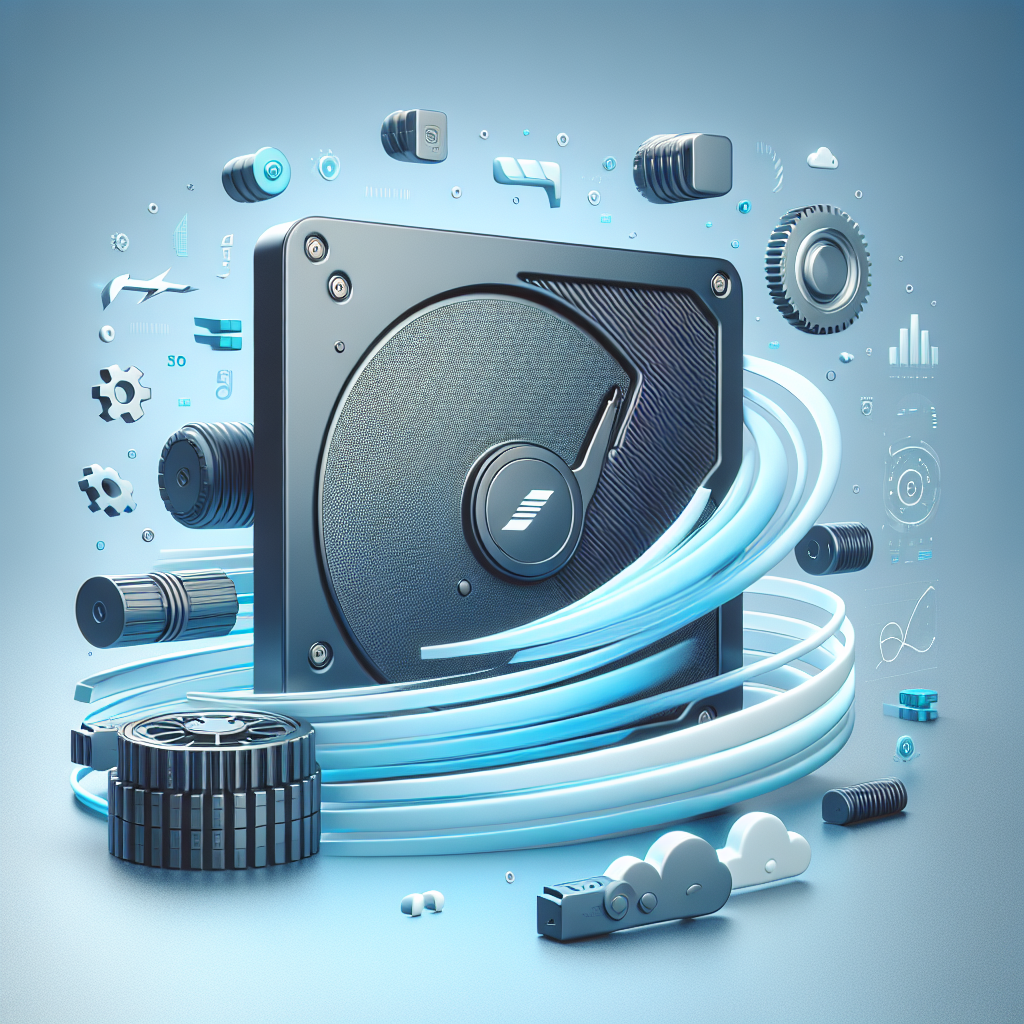Your cart is currently empty!
Exploring the Speed and Efficiency of Solid-State Drives

Solid-state drives (SSDs) have revolutionized the way we store and access data on our computers. Unlike traditional hard drives that use spinning disks to read and write data, SSDs use flash memory to store information, resulting in faster access times and improved efficiency.
One of the key benefits of SSDs is their speed. Because they have no moving parts, SSDs can read and write data much faster than traditional hard drives. This means that tasks such as booting up your computer, opening programs, and transferring files can all be done in a fraction of the time it would take with a traditional hard drive.
In addition to their speed, SSDs are also more efficient than traditional hard drives. Because they don’t have any moving parts, SSDs consume less power and generate less heat. This not only results in longer battery life for laptops and other portable devices, but also helps to prolong the lifespan of the drive itself.
SSDs are also more reliable than traditional hard drives. Because they don’t have any moving parts, SSDs are less prone to mechanical failure. This means that you are less likely to experience data loss due to a malfunctioning drive, making SSDs a more reliable option for storing important data.
Overall, the speed and efficiency of SSDs make them a great choice for anyone looking to upgrade their computer’s storage. Whether you’re a gamer looking for faster load times, a creative professional in need of quick access to large files, or just a regular user looking to speed up your computer, an SSD can make a significant difference in performance.
If you’re considering upgrading to an SSD, be sure to do your research and choose a drive that meets your storage needs and budget. With the speed and efficiency of SSDs, you’ll wonder how you ever lived without one.

Leave a Reply